Harvard Research
Harvard has a distinguished history of research in climate and climate-related fields. Harvard faculty helped to develop a fundamental understanding of the chemistry, physics, and biology of our planet’s climate system. Their work has changed the way we think about interactions among the atmosphere, the land, and the ocean, and how these shape Earth’s climate. That work continues, with ongoing discoveries in wide-ranging areas, such as atmospheric chemistry climate dynamics, geophysics, solar geoengineering, and climate-related data science.
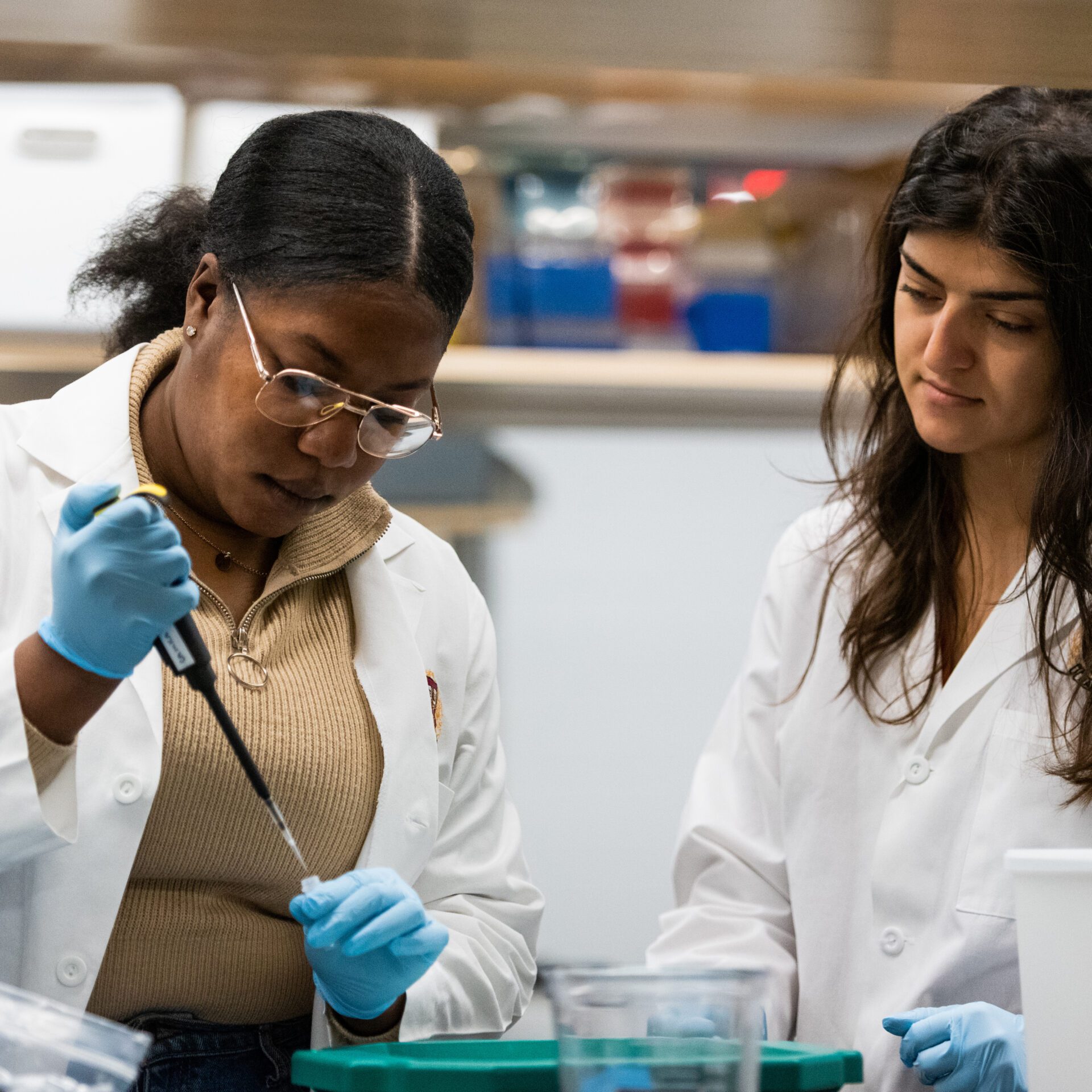
Climate Research Clusters Call for Proposals
Clusters comprise interdisciplinary, cross-School teams of researchers, whose varied expertise is required to address the complexity of the problems that they seek to solve. The problems are broad enough that their solutions represent significant progress in meeting the world’s climate challenge. Concept proposals due by April 1, 2024.
Climate & Health
In a November 16th session of “Harvard Speaks on Climate Change,” Professor Kari Nadeau delved into the critical intersection of climate and health. Her insights shed light on the significance of this relationship, especially in the run-up to COP28, where the topic of health was addressed for the first time.
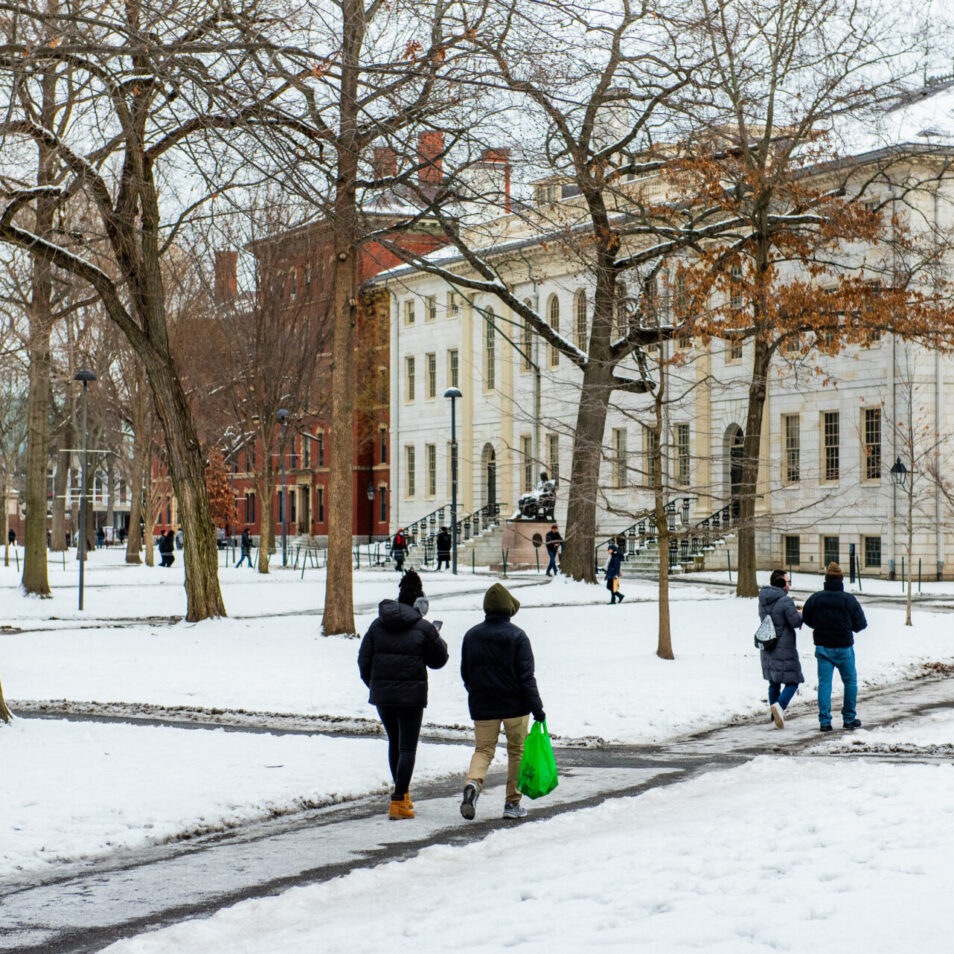
Salata Institute Fellowships
Our Institute offers two fellowship programs. The Salata Institute Fellows Program invites faculty and practitioners to reside on our Cambridge campus to work on climate and sustainability research. The Climate Action Fellows Program allows professionals to work on independent, self-directed projects and draw upon Harvard’s vast network of resources with visits to our campus. Learn more and apply to our fellowships below.
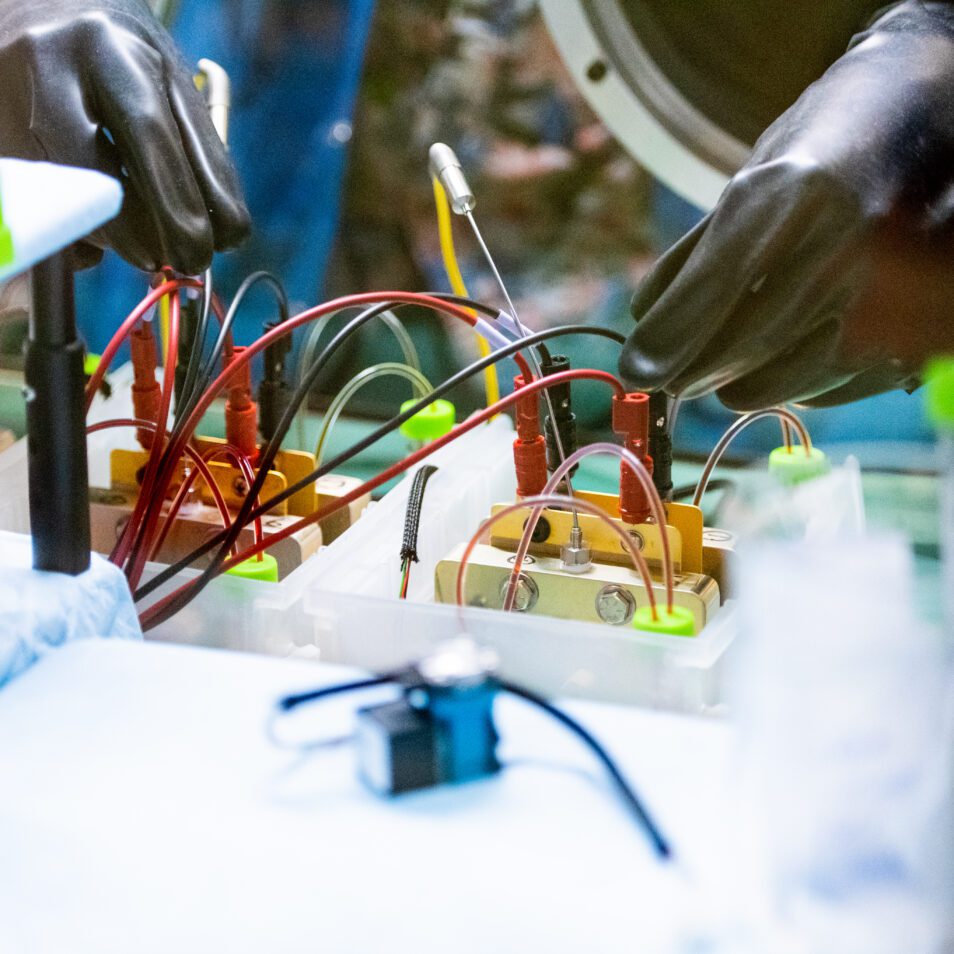
Updated Call for Proposals: Salata Institute Seed Grant Program in Climate and Sustainability
The Salata Institute for Climate and Sustainability at Harvard University solicits proposals for funding under its Seed Grant Program in Climate and Sustainability. Proposals will be considered two times per year, with deadlines of the first Friday of October and February.

Seeking energy-efficient windows, Harvard lab finds inspiration in squid
Biomimetics suggests that climate solutions for heating, cooling, and lighting our buildings are available in the natural world.

The Nile Delta: Where Science, Policy and Politics Collide
Harvard workshop discusses how to communicate the urgency of climate change to policymakers juggling multiple crises.

How to pay for climate adaptation in Africa
Researchers at Harvard Business School are examining how to unlock private capital and cut the cost of future climate disasters.

Cutting the carbon footprint of future computer chips
Making a chip can consume more energy than the chip will use in its entire lifespan.
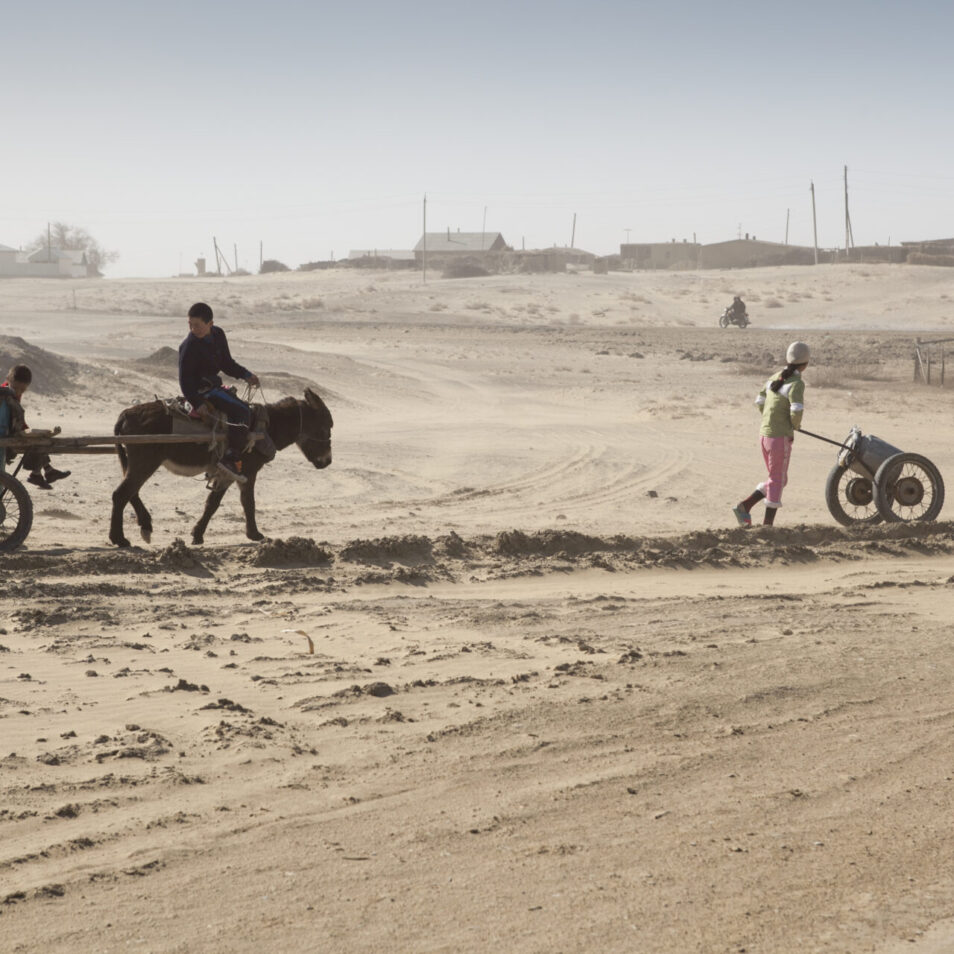
Managing planetary health in an era of climate crisis
Climate change and public health demand a new architecture for collaboration.
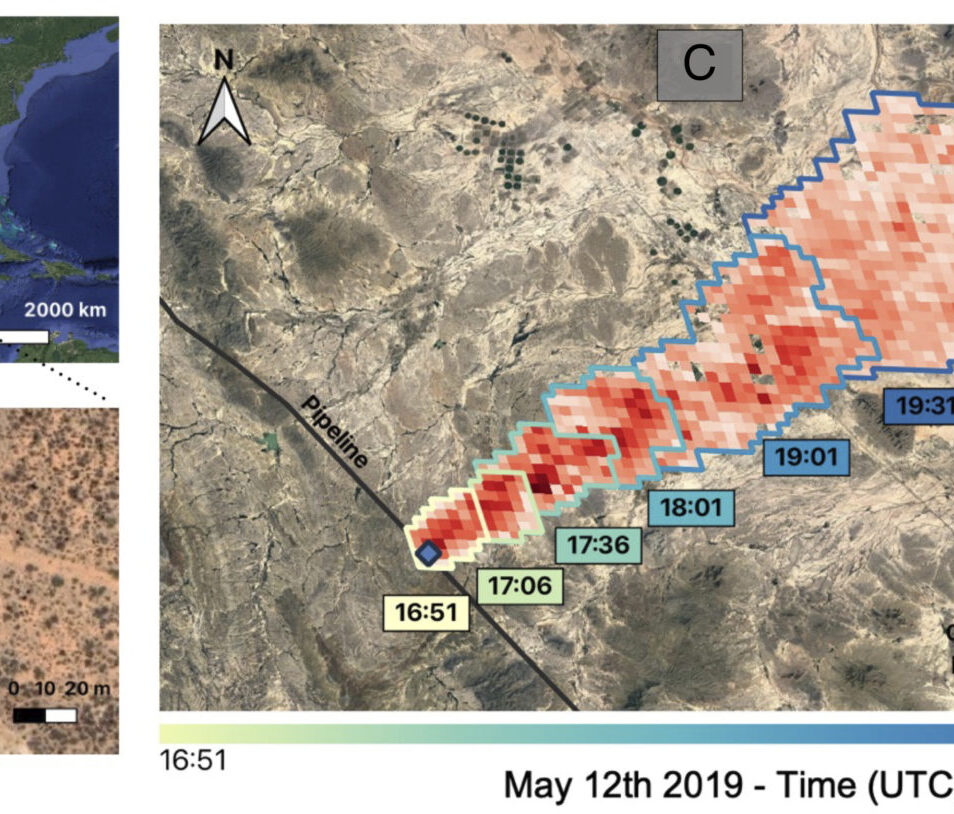
In E&E News: Harvard Study Documents ‘Extreme’ Methane Bursts
Featured today in E&E News: New Harvard-led research demonstrates a new method of methane emissions monitoring, revealing massive methane releases over short periods of time, including an extreme 3-hour methane release from a natural gas pipeline in Durango, Mexico.
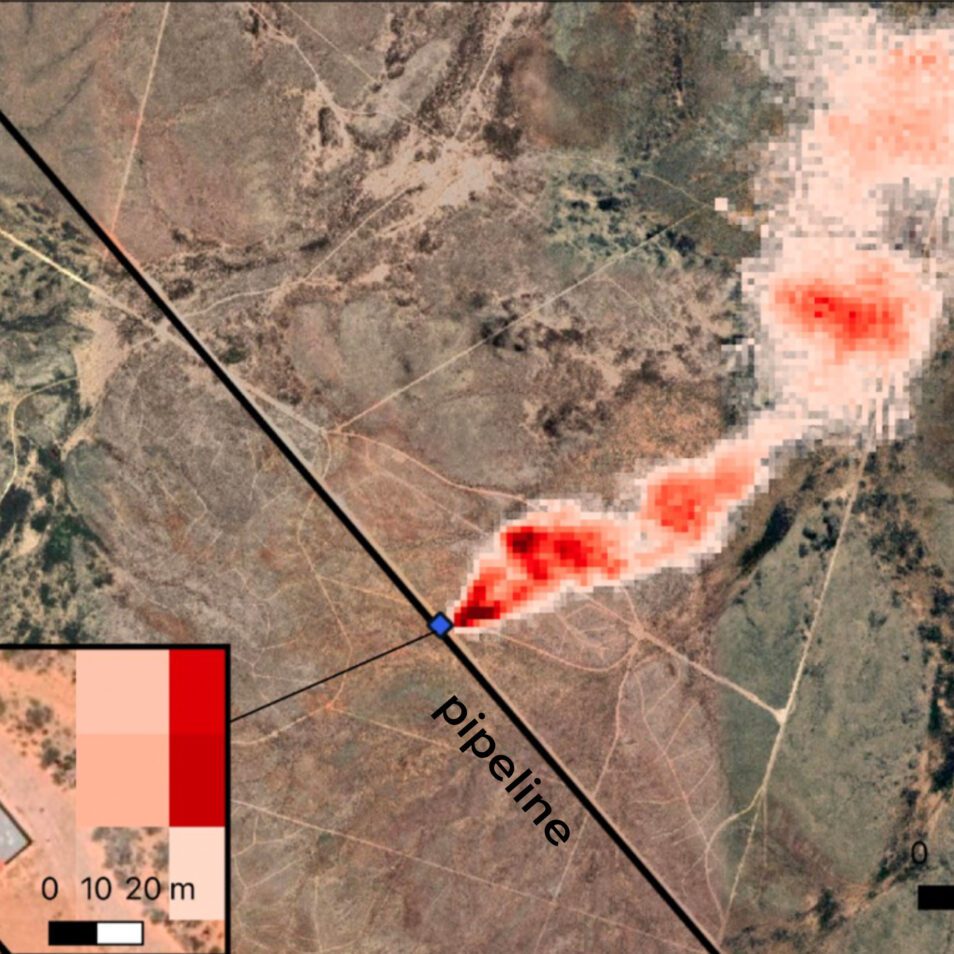
How Regulators Use Satellite Images of Methane
Volumes of the heat-trapping gas have tripled in the atmosphere since pre-industrial times. New tools are helping regulators target super-emitters.
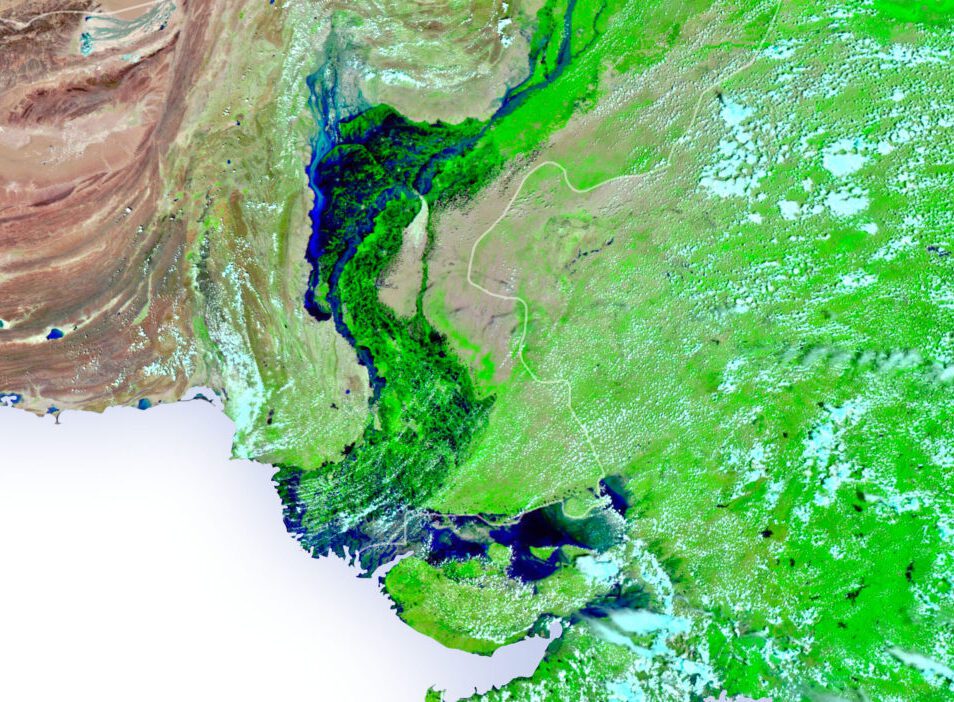
Applying Pandemic Lessons to Climate Data
Climateverse is an accessible data repository driving insights to mitigate and prepare for climate crises.
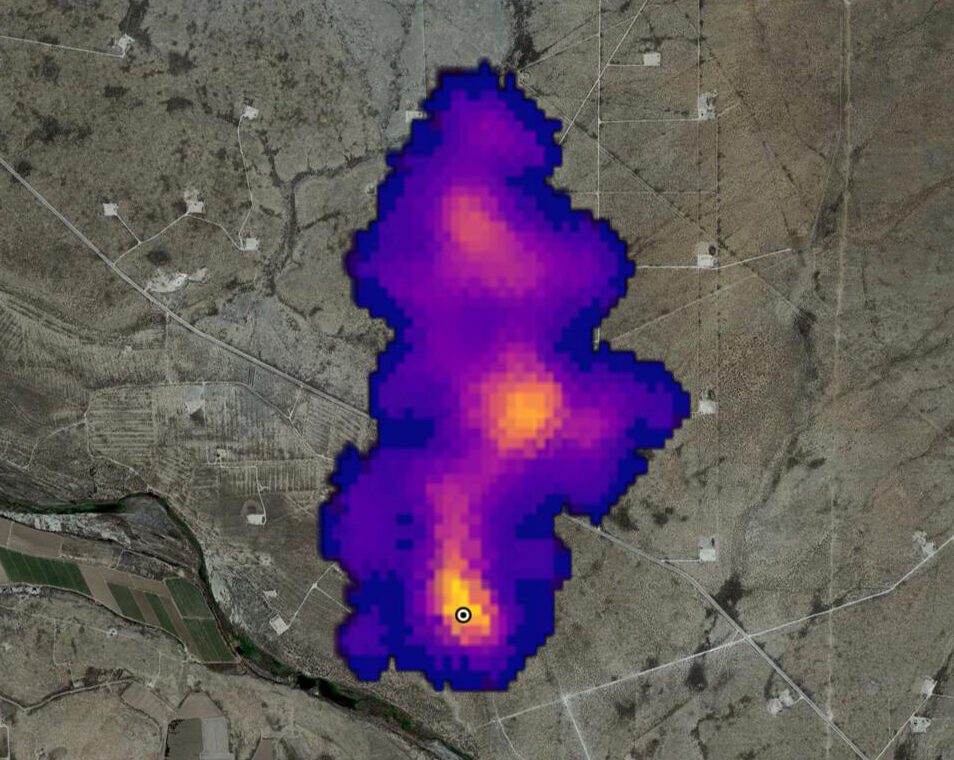
Using History to Target Methane Super Emitters
The greenhouse gas methane is invisible to the human eye, so easy to ignore. But by highlighting its local impacts on human health, researchers at Harvard University hope to score a win for both people and the planet.
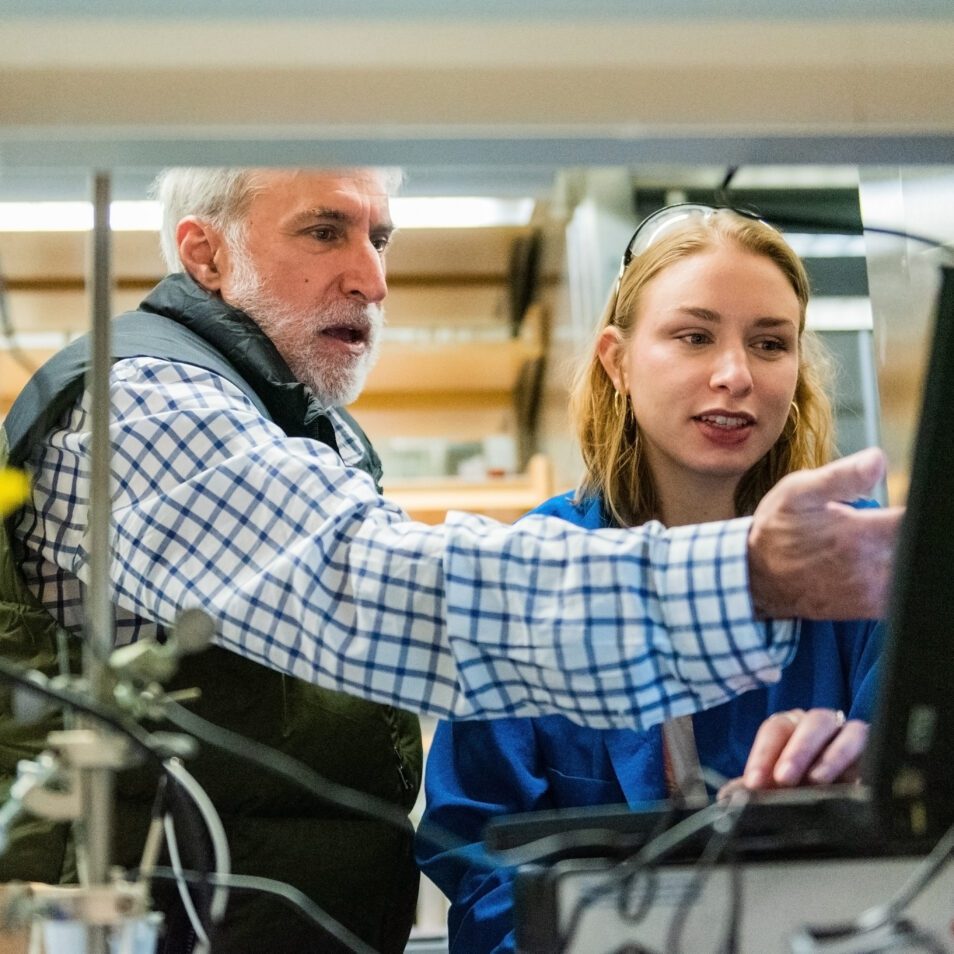
“The Sustainocene” – Making Energy and Food with Artificial Photosynthesis
Chemist Daniel Nocera is inventing green tools to provide the world’s poorest with food and power. Among the handy side-effects: capturing carbon.
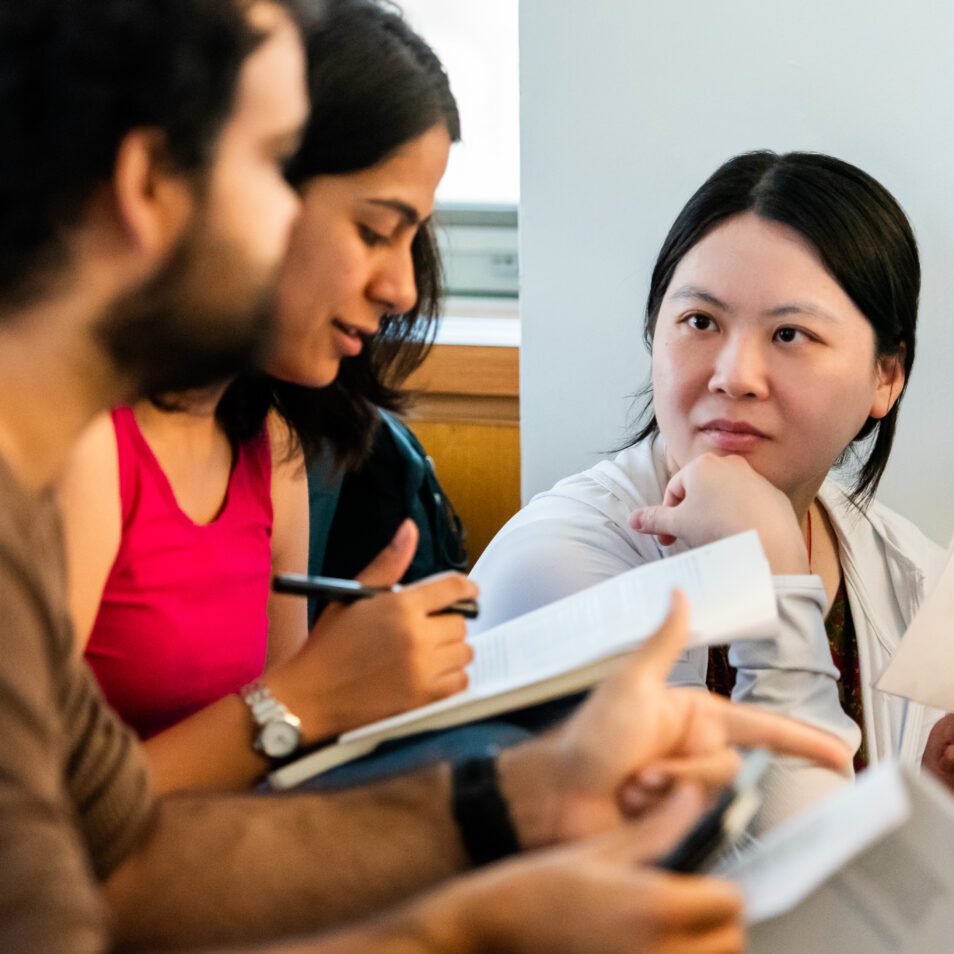
The Challenge of Aligning Interests in Pennsylvania Methane Cleanup
A climate research workshop hosted by the Salata Institute explored solutions to the problem of abandoned oil and gas wells in Pennsylvania and beyond.
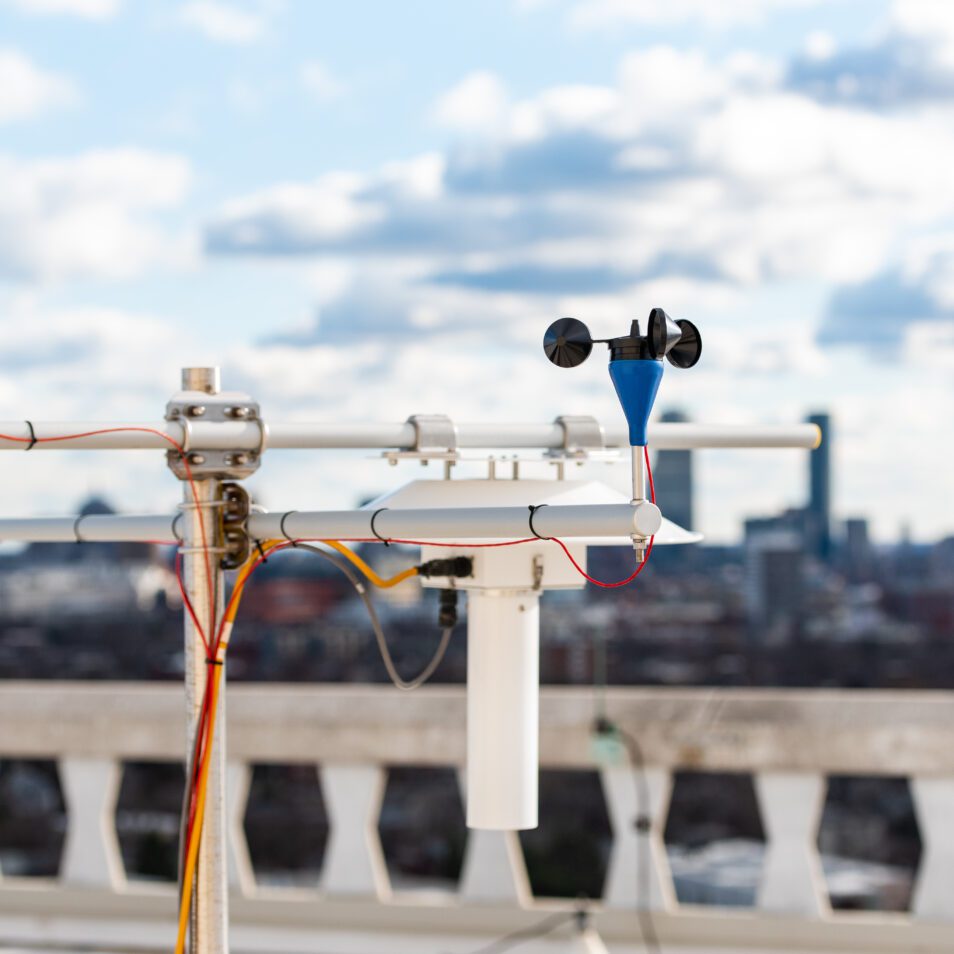
Quantifying Methane – To the Sky and Beyond
Harvard University scientists have developed and are preparing to launch a new satellite that uses breakthrough technology to detect and measure methane leaks. The technology promises to make a significant contribution in limiting climate change, as methane is a greenhouse gas whose warming potential is more than 80 times greater than that of carbon dioxide.
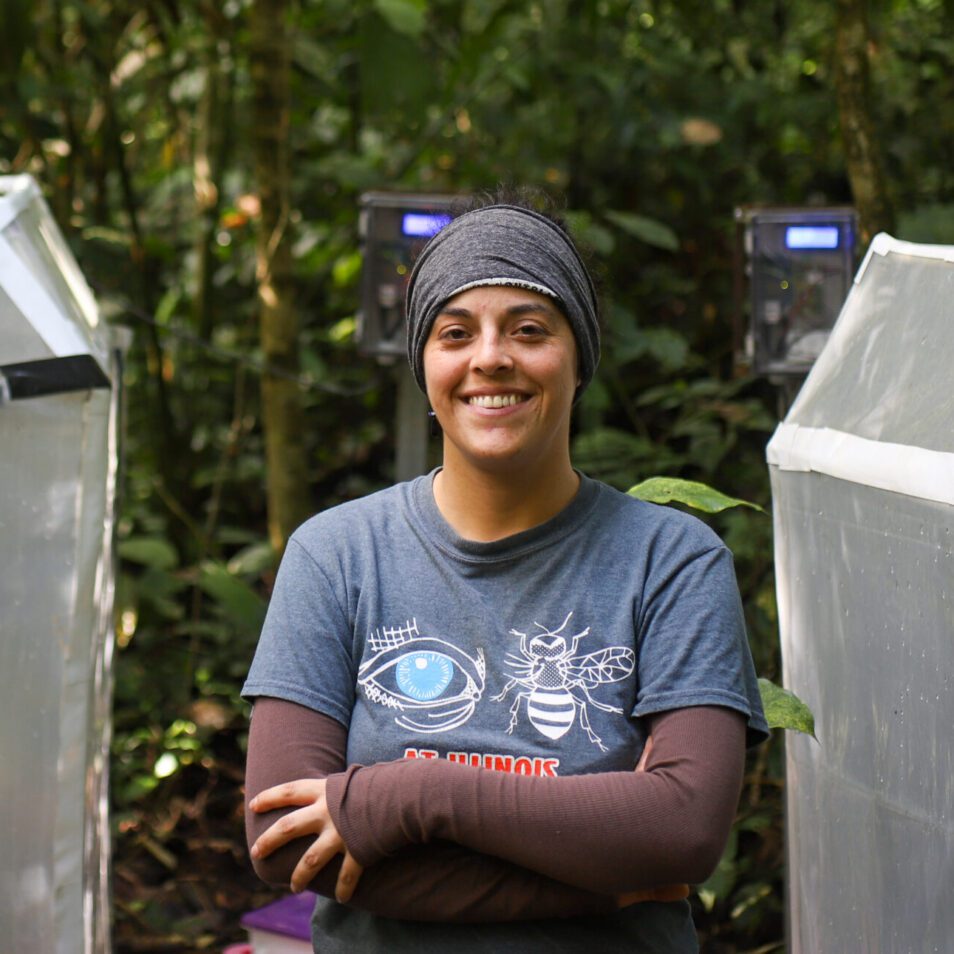
Rising CO2 and Tropical Forests
Tropical forests are one of the most vital ecosystems on Earth, yet little is understood about how they will respond to increasing CO2 in the atmosphere. Harvard Professor Ben Taylor and his team are undertaking first-of-its-kind research exploring how increasing CO2 will affect plant-microbe partnerships in tropical forest ecosystems.
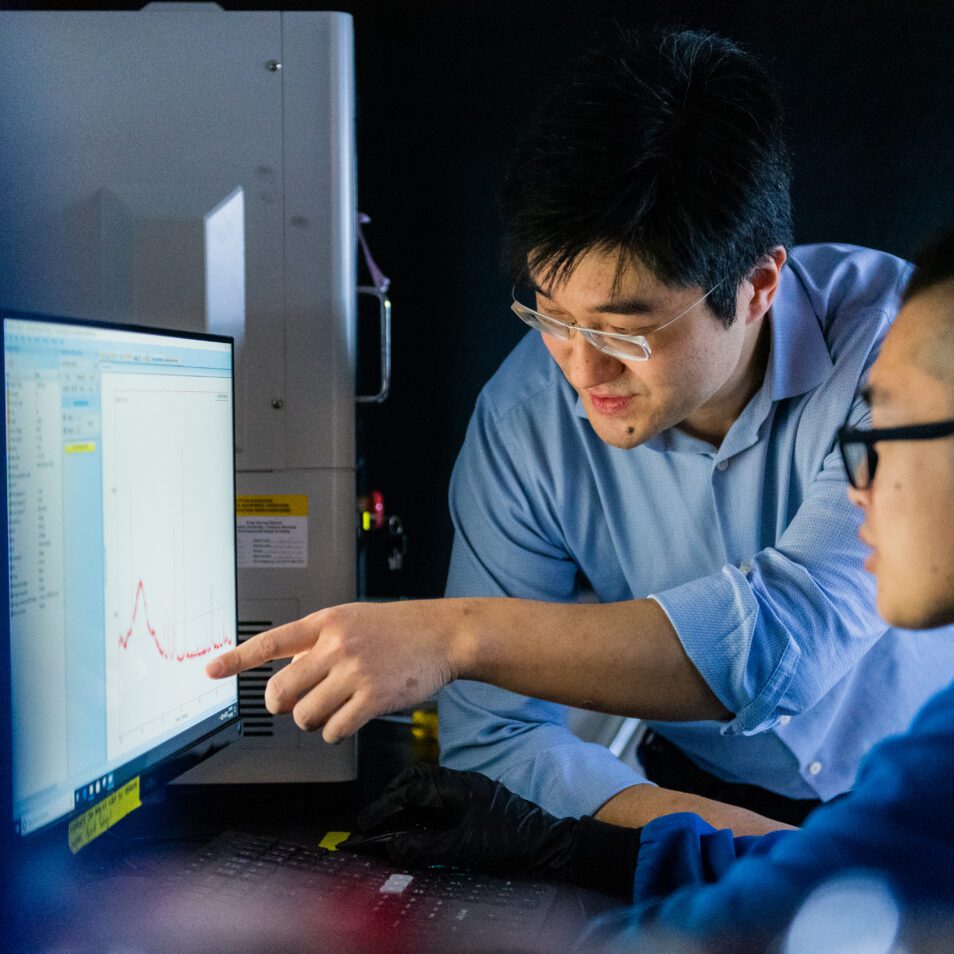
On the Battery Frontier
Harvard Associate Professor of Materials Science, Xin Li is developing the energy storage materials of the future. The Li Lab has created solid state batteries that outperform current lithium-ion batteries used today. Their research is pushing boundaries that could lead to major breakthroughs for electric vehicle technology.
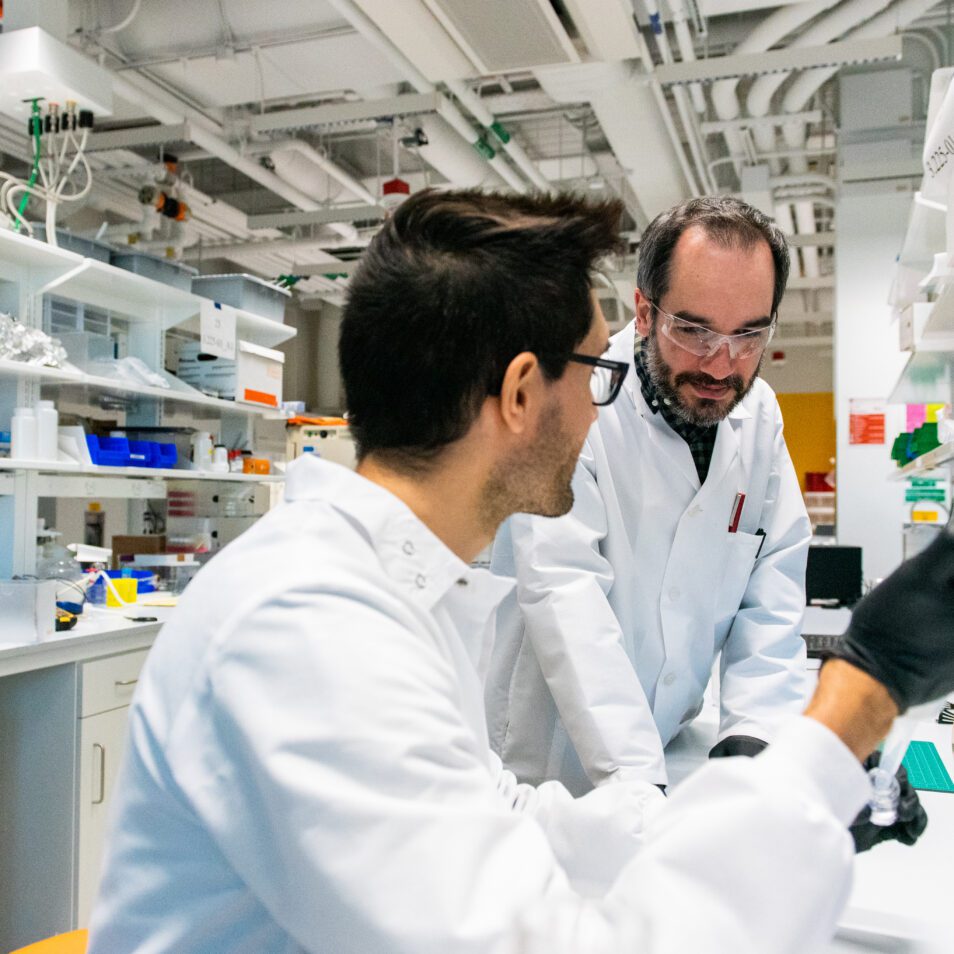
Cooling Off: Low-Carbon Alternative to AC
The Aizenberg Lab is reimagining air-conditioning in order to meet growing global demand for cooling while combatting climate change. Their novel evaporative cooling technology uses advanced materials science and design to make affordable, environmentally-positive eco-friendly air conditioners that work in most climates without the use of synthetic refrigerants.
The Salata institute
The Salata Institute supports interdisciplinary research that leads to real-world action; high-risk/high-reward projects by researchers already working in the climate area; and new endeavors that make it easier for Harvard scholars, who have not worked on climate problems, to do so.








